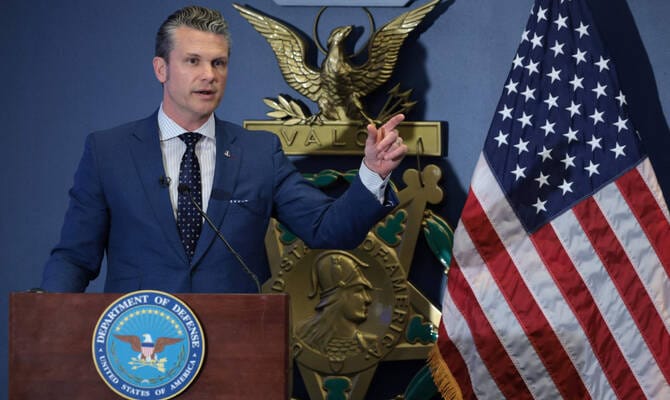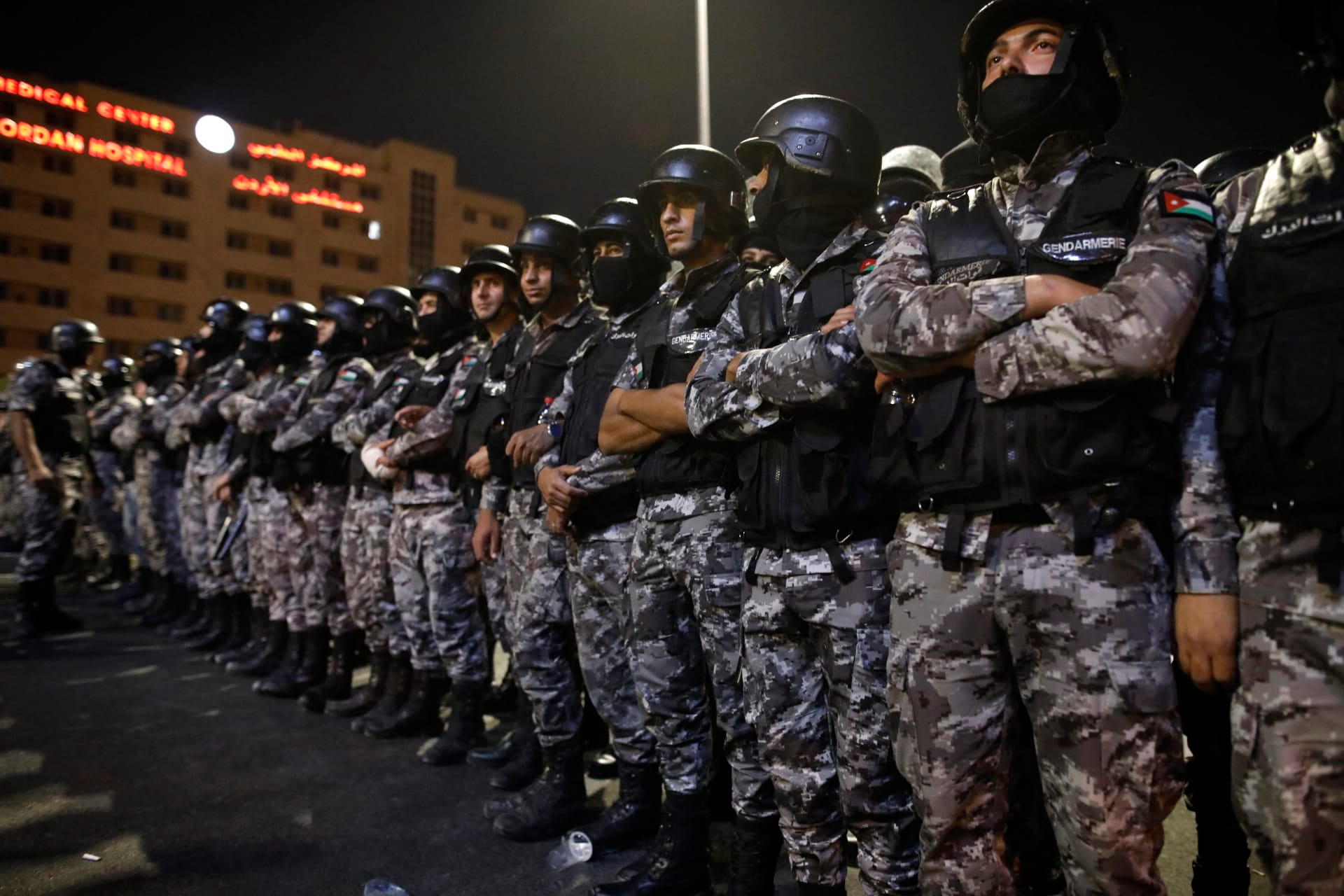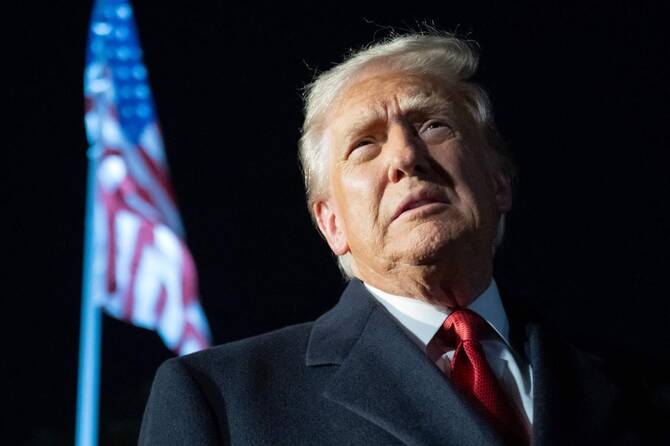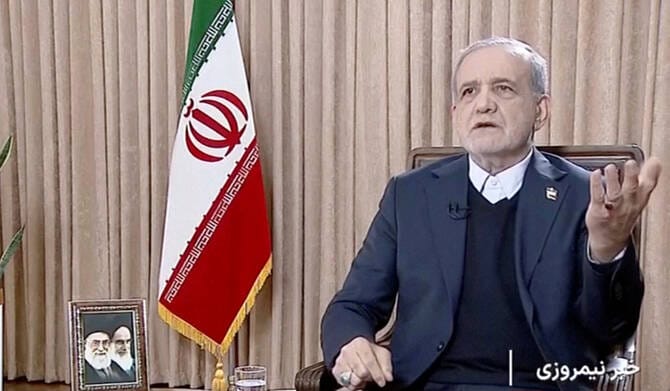Pentagon chief confident NATO will commit to Trump’s defense spending target

US Defense Secretary Pete Hegseth said on Thursday he was confident that members of the NATO alliance will sign up to Donald Trump’s demand for a major boost in defense spending, adding that it had to happen by a summit later in June.
The US president has said NATO allies should boost investment in defense to 5 percent of gross domestic product, up from the current target of 2 percent.
“To be an alliance, you got to be more than flags. You got to be formations. You got to be more than conferences. You need to be, keep combat ready capabilities,” Hegseth said as he arrived at a gathering of NATO defense ministers in Brussels.
“We’re here to continue the work that President Trump started, which is a commitment to 5 percent defense spending across this alliance, which we think will happen,” Hegseth said, adding: “It has to happen by the summit at The Hague later this month.”
Diplomats have said European allies understand that hiking defense expenditure is the price of ensuring a continued US commitment to the continent’s security and that keeping the US on board means allowing Trump to be able to declare a win on his 5 percent demand during the summit, scheduled for June 24-25.
“We have to go further and we have to go faster,” NATO Secretary-General Mark Rutte told reporters on Wednesday.
“A new defense investment plan will be at the heart of the NATO summit in The Hague,” he added.
In a bid to meet Trump’s 5 percent goal, Rutte has proposed alliance members boost defense spending to 3.5 percent of GDP and commit a further 1.5 percent to broader security-related spending, Reuters has reported.
Details of the new investment plan will likely continue to be negotiated until the eve of the NATO summit.
“We have to find a realistic compromise between what is necessary and what is possible really to spend,” German Defense Minister Boris Pistorius said on Wednesday.
Countries remain divided over the timeline for a new pledge.
Rutte has proposed reaching the 5 percent by 2032 – a date that some eastern European states consider too distant but which some others see as too early and unrealistic given current spending and industrial production levels.
A 2032 target is “definitely too late,” Lithuanian Defense Minister Dovile Sakaliene said on Wednesday, arguing for a target of 2030 at the latest.
There is also an ongoing debate over how to define “defense-related” spending, which might include spending on cybersecurity and certain types of infrastructure.
“The aim is to find a definition that is precise enough to cover only real security-related investments, and at the same time broad enough to allow for national specifics,” said one NATO diplomat.





